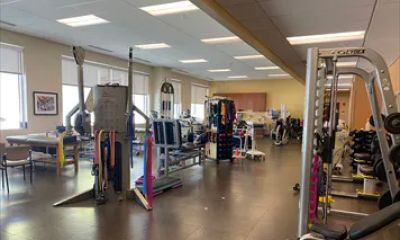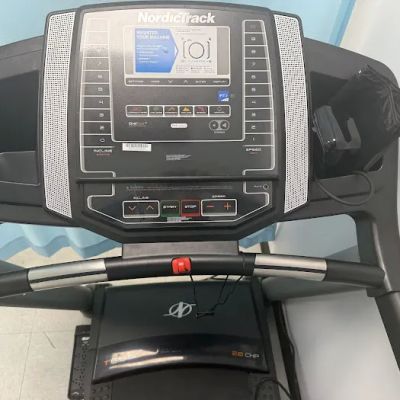- 1 - Why Anxiety Happens Before Tests or Surgeries
- 2 - Recognizing the Physical Signs of Anxiety
- 3 - Mental Preparation and Mindset Shifts
- 4 - Relaxation Techniques That Really Work
- 5 - Real Stories of Overcoming Pre-Test and Pre-Surgery Anxiety
- 6 - Building Strong Support Systems
- 7 - When to Seek Professional Help
- 8 - Final Thoughts for Managing Anxiety with Confidence
1. Why Anxiety Happens Before Tests or Surgeries
Anxiety before major events like academic tests or surgical procedures is a common human response. It often stems from fear of the unknown, lack of control, or concerns about possible outcomes. For example, a student facing a standardized test might worry about failure, while a patient scheduled for surgery might focus on risks and recovery time. Understanding these triggers is the first step in learning to cope with anxiety effectively.

2. Recognizing the Physical Signs of Anxiety
Anxiety isn’t just in the mind—it also shows up in the body. Increased heart rate, sweaty palms, restlessness, stomach upset, and difficulty sleeping are all common symptoms. Before tests, students often describe their minds going blank or their hands shaking while holding a pen. Before surgery, patients may feel physically drained days in advance. Recognizing these physical cues early allows people to apply calming techniques before anxiety peaks.
3. Mental Preparation and Mindset Shifts
Shifting your perspective can significantly reduce pre-event stress. Instead of viewing tests or surgeries as threats, framing them as opportunities can help. For example, a college student once told how they reframed a final exam as a chance to “show off what I’ve learned,” which lowered their fear. Similarly, patients can focus on surgery as a step toward healing rather than something to fear. Simple affirmations such as “I am prepared” or “This will help me get better” create positive mental anchors that reduce anxious thoughts.
4. Relaxation Techniques That Really Work
There are several evidence-backed relaxation techniques for coping with anxiety before tests or surgeries. Deep breathing exercises, progressive muscle relaxation, and visualization can all calm the nervous system. For instance, visualizing a positive outcome—like walking out of the test feeling confident or waking up after surgery feeling relieved—helps ease tension. Listening to calming music or practicing mindfulness meditation the night before can also dramatically improve sleep and overall mental readiness.
5. Real Stories of Overcoming Pre-Test and Pre-Surgery Anxiety
Stories from real people illustrate how effective these strategies can be. One student preparing for the SAT described how creating a mock test environment at home helped reduce fear on the actual test day. Another patient, awaiting heart surgery, shared how journaling each night allowed them to release fears onto paper, making them feel lighter emotionally. These stories remind us that anxiety, while powerful, can be managed with practical tools and resilience.
6. Building Strong Support Systems
Having a support system is critical when facing stressful events. Family members, friends, teachers, or healthcare providers can provide reassurance, encouragement, and perspective. Patients often say that having a trusted person accompany them to pre-surgery check-ins significantly reduces feelings of isolation. Students may benefit from study groups or tutors who boost confidence. Communities like HeartCare Hub often provide resources, recommendations, and professional guidance to help individuals strengthen their coping strategies.
7. When to Seek Professional Help
While mild to moderate anxiety can often be managed with self-help techniques, professional intervention may be necessary when anxiety becomes overwhelming. Psychologists, counselors, and medical professionals can offer therapies such as cognitive-behavioral therapy (CBT) or prescribe short-term medication if needed. Knowing when to seek help is a strength, not a weakness. If daily functioning is severely affected, it’s time to reach out for professional support.
8. Final Thoughts for Managing Anxiety with Confidence
Coping with anxiety before tests or surgeries requires preparation, perspective, and support. By understanding the triggers, practicing calming techniques, and leaning on reliable support systems, individuals can transform fearful experiences into manageable challenges. Anxiety may never disappear entirely, but it doesn’t have to control your outcome. With the right tools and mindset, facing a test or surgery can become not just bearable, but an empowering milestone in personal growth.






















NovaCare Rehabilitation in partnership with OhioHealth - Pickerington - Refugee Road
novacare rehabilitation in partnership with ohiohealth - hilliard - west
1010 Refugee Rd Suite 210, Pickerington, OH 43147, USA